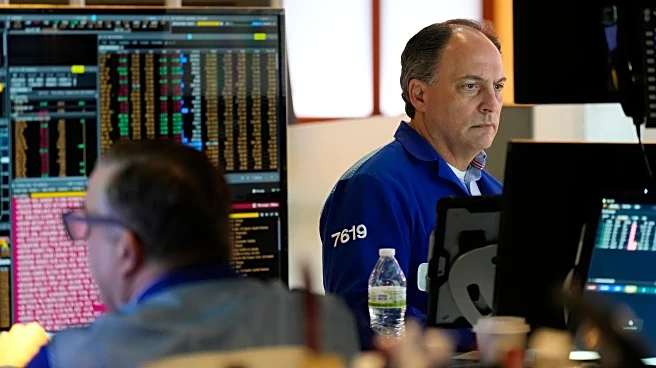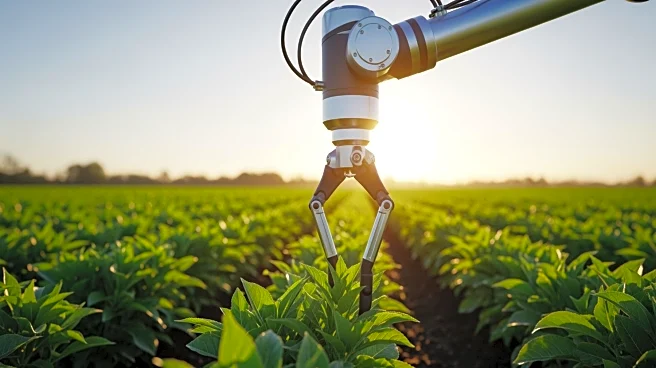Rapid Read • 8 min read
Terraton, a startup specializing in biochar technology, is implementing a franchise model to expand its operations worldwide. The company has successfully raised $11.5 million in a seed funding round led by Lowercarbon Capital and Gigascale Capital, with participation from ANA Holdings, East Japan Railway Company, and notable angel investors such as Jeff Dean from Google and Bret Taylor from OpenAI. Terraton's approach involves creating biochar facilities that convert agricultural waste into carbon-sequestering fertilizer. The founders, Kevin Gibbs and Greg D’Alesandre, aim to replicate this model globally, having already established two facilities in Africa in collaboration with local businesses. This initiative seeks to address supply constraints in the biochar market and cater to the growing demand from major corporations like Microsoft and Google.
AD
The adoption of a franchise model by Terraton is significant as it represents a scalable solution to the pressing issue of carbon sequestration. By transforming agricultural waste into biochar, Terraton contributes to reducing carbon emissions, a critical component in combating climate change. The involvement of major investors and corporations underscores the potential impact of biochar technology on global environmental efforts. As large companies increasingly seek sustainable practices, Terraton's model could become a pivotal part of corporate strategies to achieve carbon neutrality. This development also highlights the growing interest in innovative environmental technologies and their role in shaping future business models.
Terraton plans to continue expanding its biochar facilities globally, leveraging its franchise model to facilitate rapid growth. The company is likely to seek further partnerships with local businesses and investors to establish new facilities. As demand for biochar increases, Terraton may explore additional funding rounds to support its expansion efforts. The success of this model could prompt other startups in the environmental sector to adopt similar strategies, potentially leading to a broader shift towards franchise-based growth in sustainable technologies.
Terraton's initiative may have broader implications for the agricultural sector, as biochar technology offers a sustainable solution for managing agricultural waste. This could lead to increased collaboration between tech companies and agricultural businesses, fostering innovation in waste management and carbon sequestration. Additionally, the franchise model could serve as a blueprint for other environmental startups seeking to scale their operations efficiently.
AD
More Stories You Might Enjoy












